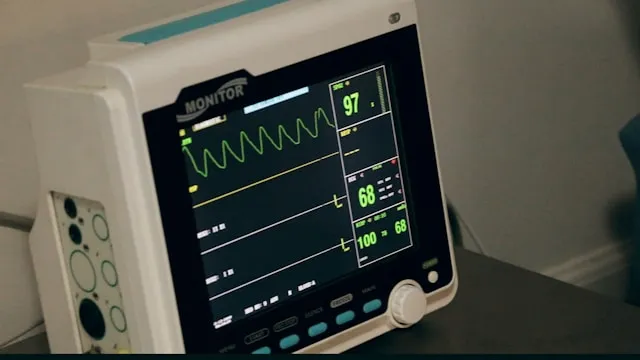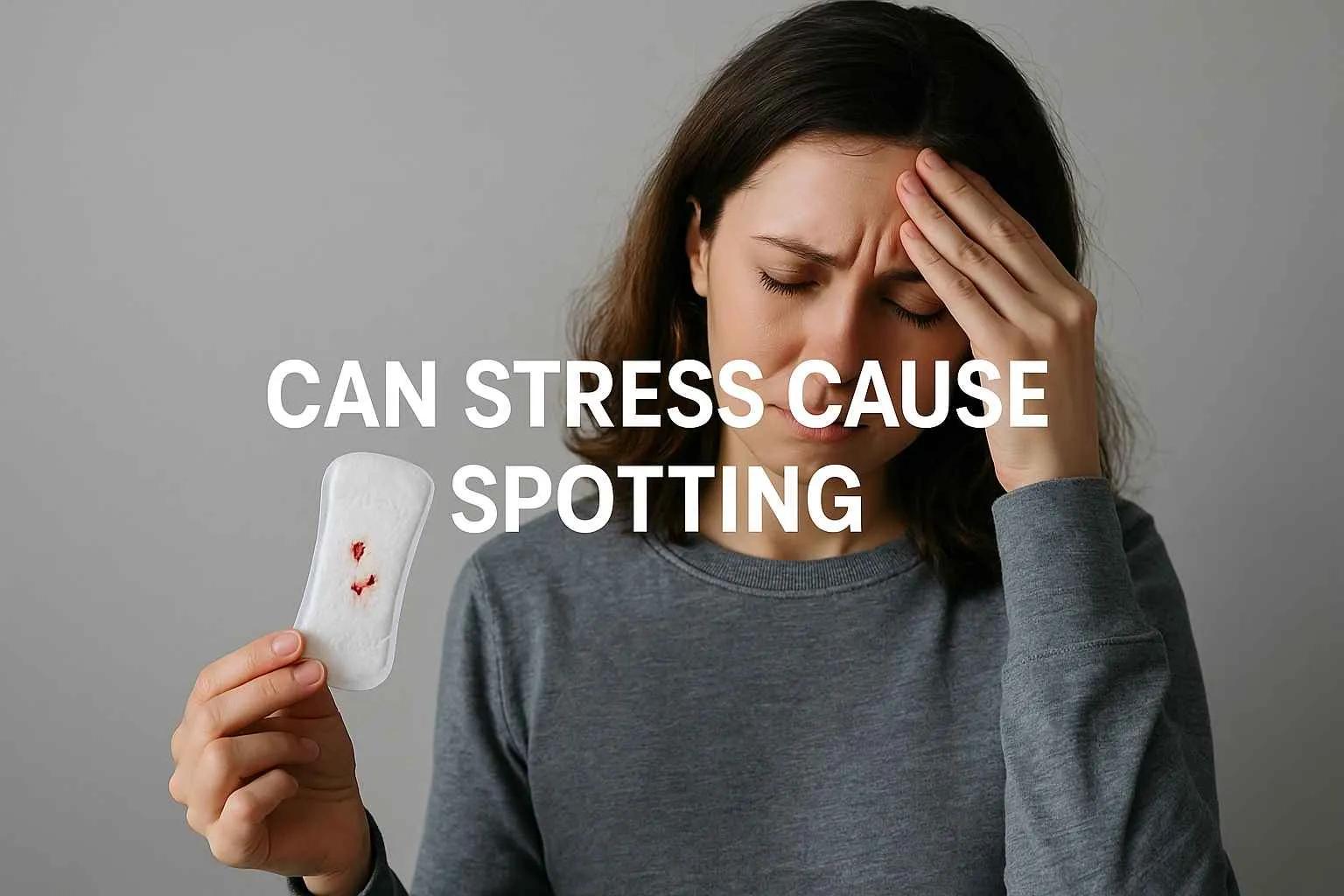Did you know that heart disease is the leading cause of death globally? Many heart problems show subtle signs, which can often go unnoticed. If you are experiencing shortness of breath, unexplained chest pain, or fatigue, they are the signs you need a stress test. This diagnostic test can help uncover heart problems before they further become severe. Understanding all the potential signs that suggest you may need a stress test is crucial to prioritize your heart health. This blog will guide you on when a stress test is necessary, how it works, and what to expect!
8 Warning Signs You Need a Stress Test
Here are some key signs that suggest to take action to improve your heart health:
1. Chest Pain or Discomfort
Research shows that chest pain or tightness especially during physical activities is the common sign that suggests you need a stress test.
Such discomfort can indicate the chances of underlying health issues such as angina that occur due to insufficient supply of oxygen-rich blood to the heart muscles.
2. Shortness of Breath
Shortness of breath or difficulty breathing during or even after physical activities can indicate issues with the blood-pumping mechanism of the heart.
It can sometimes come along with chest pain which could be a potential red flag for cardiovascular problems.
3. Unexplained Fatigue
According to the Centers for Disease Control and Prevention (CDC), feeling extremely weak or tired might point to heart issues.
Prolonged fatigue if it accompanies shortness of breath or chest pain can indicate the heart is not receiving sufficient oxygen-rich blood during physical activities.
4. Irregular Heartbeat (Arrhythmia)
Heart palpitations or the feeling of a racing heart could be a signal of heart arrhythmia, also called irregular heartbeats.
This may suggest a stress test to monitor the electrical function of the heart under stressful situations.
5. Dizziness or Lightheadedness
Lightheadedness, dizziness, or fainting during or even after the exercise can indicate you need a stress test.
These signs may indicate that there is a problem with heart rhythm and blood flow to the heart.
6. History of Heart Disease
If you have a family history of heart conditions, particularly relatives with heart issues at an early age, there is an increased risk.
Moreover, if you are also living with other risk factors for heart disease such as diabetes or high blood pressure, the providers may suggest a stress test to monitor heart health.
7. Recent Heart Attack
If you recently had a heart attack, your heart health might not be as strong as before, suggesting a stress test.
This diagnostic test may help assess how finely your heart is functioning after treatment & recovery.
8. Increased Lifestyle-Related Heart Risks
An unhealthy lifestyle such as poor diet, smoking, excessive alcohol use, or lack of exercise can contribute to heart disease risks.
If you are living such a poor lifestyle that is putting stress on your heart, the doctors may suggest a stress test to examine your heart health.
How Does a Stress Test Work?
Before Procedure:
Avoid caffeine for at least 24 hours before undergoing a test
Drink only water for a few hours before a test
Discuss your current medications with doctors that you may be asked to avoid before the test.
Wear comfortable footwear and clothing for exercise.
During Procedure:
- Electrodes will be placed on your chest to monitor your heart.
- Exercise Stress Test: You’ll walk or run on a treadmill, with increasing speed and incline, to push your heart to work harder.
- Medication Stress Test: If you can’t exercise, medication will simulate the effects of physical exertion on your heart.
- In some cases, a small amount of radioactive material is injected to trace blood flow in your heart (nuclear stress test).
After the procedure:
After completing medication or exercise stress tests, your blood pressure levels and heart rate will be monitored until they return to normal.
The doctors will then review the results, explain them, and suggest further tests to determine the right treatment.
Stress Testing Results
Normal Results:
No significant changes in the electrical activity of the heart, blood pressure, or heart rate during exercise.
The heart normally recovers after physical exertion, pointing to no clear heart disease.
Abnormal Results:
Chest Pain: If pain is experienced during the stress test, it might signal possible heart problems such as angina or blockages.
ECG Changes: Changes in the ST-segment of ECG or abnormal heart rhythms may indicate low blood flow and other heart issues.
Blood Pressure Issues: Abnormal increase or decrease in blood pressure levels might point to heart issues or an inability to cope with stress.
Shortness of Breath: Excessive shortness of breath when practicing exercise can indicate the issues in heart or lungs.
Is Stress Testing Safe?
Yes, stress testing is generally safe, however, there can be some risks:
Medication-related side effects: Some individuals might have chest pain, nausea, fainting, or dizziness due to medications used in stress tests.
Allergic reactions: The dyes & tracers utilized in nuclear stress tests might lead to an allergic reaction (in rare cases).
Bruising: An IV injection may cause bruises on your arm.
If you are pregnant or breastfeeding, discuss it with the doctors. The cardiologist will supervise you throughout the test and treat the issues that arise.
Who Should Avoid Stress Tests?
People living with the following health issues should avoid an exercise stress test:
Acute illnesses such as pneumonia and sinusitis
Uncontrolled diseases like high blood pressure
Heart conditions such as an uncontrolled heart arrhythmia, a recent heart attack, or severe aortic stenosis (a narrowing of the aortic valve).
Anemia or severe metabolic disorders such as hepatic or renal disorder
Other health conditions like severe congestive heart failure, unstable angina, or high-grade atrioventricular block (heart block)
Pregnant women should avoid medication and nuclear stress tests as they can impact the fetus's health.
People with a pacemaker
People allergic or sensitive to certain medications
The healthcare providers will monitor your symptoms and discuss your medical history to know whether a stress test is suitable for you or not.
Key Things to Know About Stress Tests For Women
The following factors are crucial to know about stress tests in women:
Different symptoms
Women experience different heart disease symptoms such as shortness of breath, nausea, upper back pain, throat pain, and fatigue compared to men, affecting test analysis or evaluation.
Less accurate stress test results
Women have a less accurate treadmill exercise stress test as they mostly experience "false positive" results. These results occur due to different ECG patterns, smaller heart size, and lower exercise capacity compared to men, leading to misdiagnosis.
Underdiagnosis
Women might be underdiagnosed with heart issues, as their symptoms can be more difficult to detect or not normal. The symptoms include jaw or throat pain, upper back pain, fatigue, dizziness, nausea, or fainting which are tough to associate with heart conditions.
Heart disease is very common (around 44%) in women in the U.S.A. which is a leading cause of death. So, accurate stress testing is important for women. Healthcare providers must consider risk factors associated with gender and adjust the test based on a precise diagnosis.
Summing Up
If you are experiencing chest pain, shortness of breath, fatigue, dizziness, lightheadedness, or irregular heartbeat, these are the warning signs you need a stress test. Consult the doctors immediately as they may indicate risks of heart issues. Though stress testing is not crucial for everyone, understanding these signs can help with the early detection of heart problems. This allows the doctors to provide an effective treatment to prevent severe cardiovascular issues.
Remember that regular stress tests are the key to maintaining heart health and preventing further complications through timely medical intervention
Frequently Asked Questions
Does age play a key role in indicating you need a stress test?
Yes, women above 55 and men above 45 are at high risk of heart issues.
How high does the heart rate should be during exercise stress tests?
It should be at least 85% of the heart rate based on your current age.
Why is exercise stress test eligibility crucial?
It ensures that only people who need to undergo the test, preventing unwanted exposure to further testing, possible risks, and costs.
How to keep a check on your heart blockage at home?
Watch for heart blockage symptoms such as chest pain, dizziness, heartburn, difficulty breathing, and indigestion.
Reviewed by







